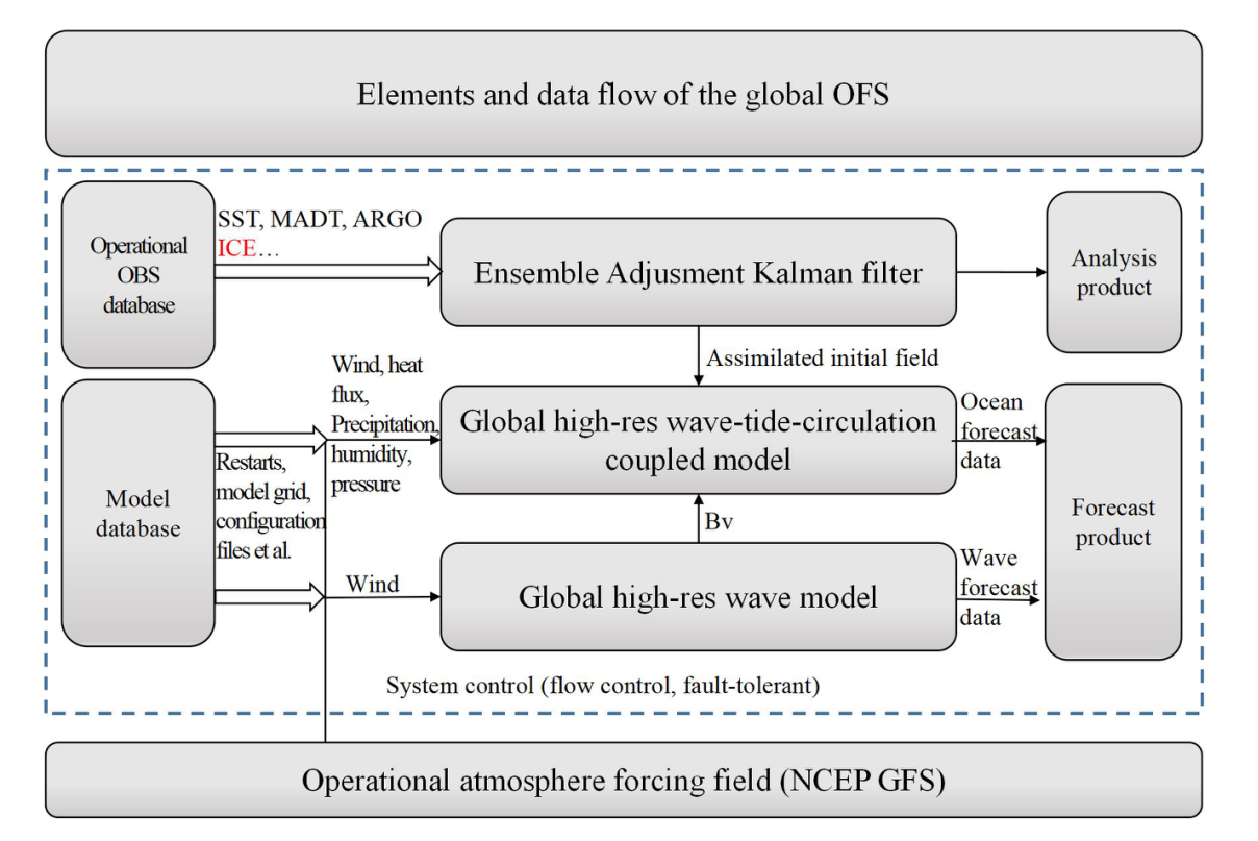As the ocean swells around the rocky shore of South Africa's Betty's Bay, penguins hop along the waterline, calling to one another in short raspy barks.
They are endearingly comical as they totter about but Alistair McInnes looks worried.
“This one near the water is quite skinny. You can see it hasn’t got much fat on it.”
Dr McInnes, a seabird conservationist for BirdLife South Africa, is part of the team monitoring the country’s dwindling penguin colonies.
The African penguin – which is native to South Africa and Namibia - has lost 99% of its population over the last century.
“If the current rates of decline persist into the near future we could see the extinction of the species within our lifetime by 2035, so the situation is extremely urgent,” Dr McInnes warns.
This is why BirdLife South Africa and the Southern African Foundation for the Conservation of Coastal Birds (Sanccob) are taking legal action against the government in the first case of its kind in South Africa.
Ministers have failed to adequately protect the endangered species, they argue.
“We cannot let a species go extinct on our watch,” says Kate Handley from the Biodiversity Law Centre, which represents the groups. She adds that the government is constitutionally obliged to prevent such a scenario.
It is estimated that there are now just 8,750 breeding pairs left in the country.
The penguins draw tourists from all over the world who come to see the short, stocky birds with the distinctive black stripe running down the side of their bodies.
They seem unfazed by the people taking their pictures but, as they preen in the sunshine or watch over their eggs, they face a precarious existence.
They are vulnerable to natural predators - seals and certain types of gull.
But the real enemies are human beings.
The now-discontinued practice of harvesting guano (accumulated bird droppings into which penguins would dig their burrows) damaged their habitat.
Climate change is exacerbating the problem - storms and flooding endanger their colonies and it is becoming harder for the birds to access food as ocean currents and temperatures shift.
And the sardines and anchovies on which the penguins depend are also a valuable commodity for the commercial fishing industry.
The South African government has tried to restrict the activities of so-called purse seine fishing vessels, which use large nets to catch great shoals of fish.
It is a volatile issue here.
Over the last 15 years there have been experimental closures of fishing grounds, protracted negotiations between the fishing industry and conservationists and input from an independent panel of international experts.
But penguin numbers are still declining.
BirdLife South Africa and Sanccob argue that current closures – under which fishing is prohibited around some colonies – are neither extensive enough nor in the right locations to fully protect the penguin population.
Their lawyers are demanding the immediate implementation of “biologically meaningful” closures.
But at the small harbours along the coast, as men unload their catch before heading back out to sea, there is concern and anger.
People here reject – fiercely - the accusation that they are to blame.
“We’re a fraction of the problem,” says Shamera Daniels, deputy chair of the South African Pelagic Fishing Industry Association, which represents many of those fishermen.
“There’s predation - seals, sharks. We’ve got oil and gas exploration, noise pollution.”
The current restrictions, she adds, have already cost the industry millions of dollars and hundreds of jobs. Further closures would, she warns, inflict more pain on an industry upon which many here rely.
A potentially painful and lengthy legal process lies ahead.
Conservation lawyer Ms Handley acknowledges that the decision to go to court was not taken lightly but that time is running out.
“Every incremental step towards trying to save the African penguin is something that we must undertake no matter how slim the chances may seem of actually getting this court hearing in time to actually have a biologically meaningful benefit for penguins,” she says.
It is not yet clear when a first hearing might be scheduled. The South African government will not yet comment publicly about the case.
But it may, some fear, already be too late for Africa’s dying breed.

